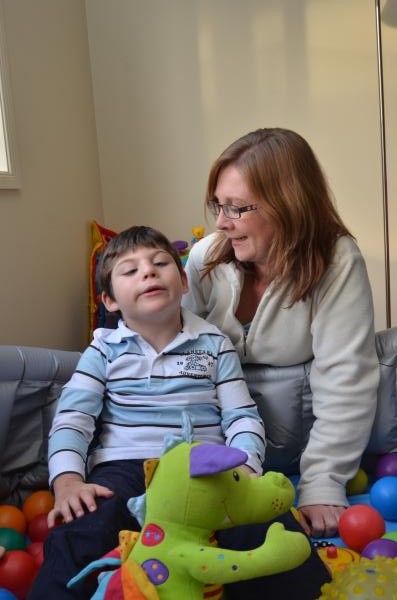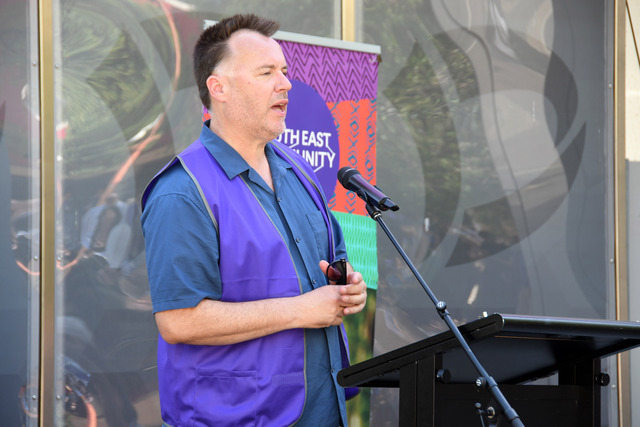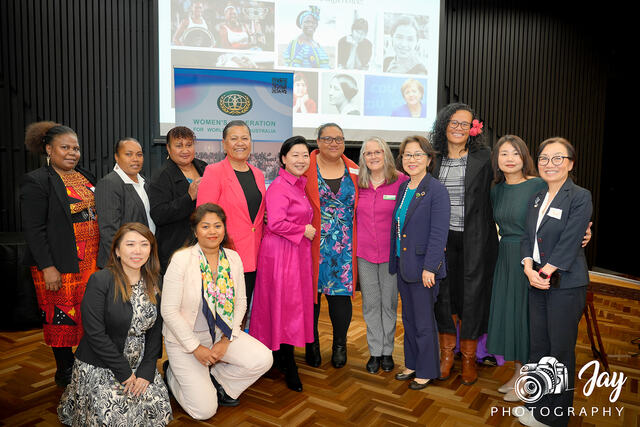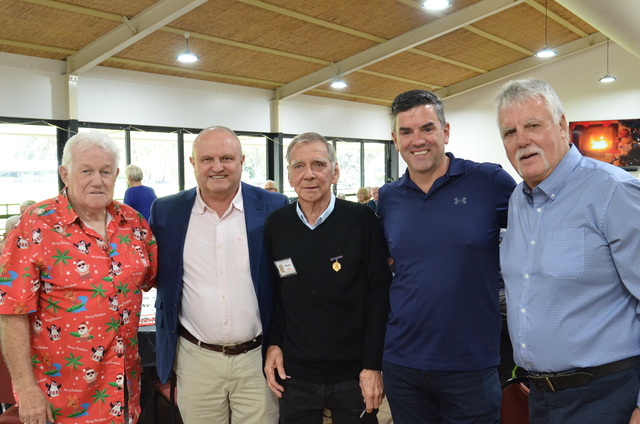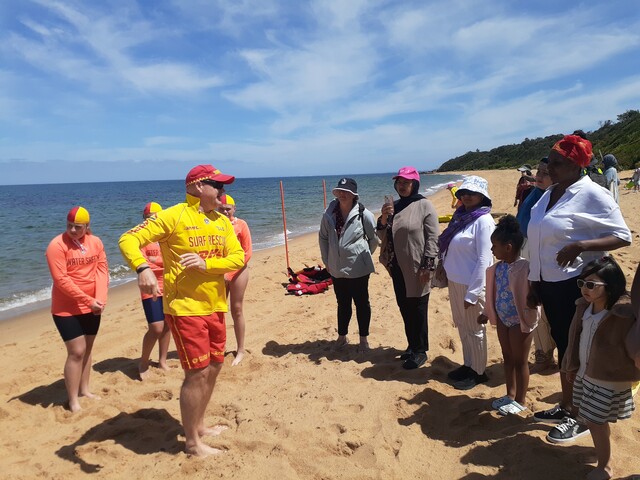By BRIDGET SCOTT
ATTIMES, Wendy hesitates at the thought of visiting the local shopping centre.
She can often feel isolated from the community, and feels uncomfortable due to unwarranted attention from others.
The Narre Warren South resident has a six-year-old son Damien with behavioural disorders.
Due to Damien’s disability, he can misbehave in public places and sometimes frightens other children.
Wendy said at times it can be difficult to go out with him because people don’t understand.
“When kids display their behaviour, other people can become a bit fearful,” the mother said.
“(They think) is this child a risk, why is he throwing things and shouting?”
For Wendy, this is why the Stepping Stones’, Proactive Parenting Program (Triple P) once implemented, will come as such a relief.
Professor Bruce Tongue from Monash University is very excited to introduce the program, which is aimed at helping parents in the community who have a child with a disability.
The first stage of the project involved interested parents completing a ‘My Say’ survey, which questioned their need for the program, and why it would be of benefit to them.
The survey is still taking place in Victoria.
“We want parents and professionals to have their say about what they see the major problems to be, and to let them know about the project,” said Professor Tongue.
The child psychiatrist said the main idea of the survey is to see what issues need to be addressed.
“We want them to mention the issues they would like to see tackled, for example, feeling less depressed or worried, or manage things like getting their child to school,” he said.
Once the survey is finished in the state, Professor Tongue said they will then begin to train professionals, enabling them to help educate parents on how to best deal with their disabled children, and what actions to take.
“It provides help for parents, which aims to educate them about the special needs of their child, and provide them with better ways to handle behaviours,” said the professor.
Wendy said she will take part in the program as soon as possible, as she predicts it will be of benefit to her.
“We’re not trained to deal with this sort of thing.”
“He displays behaviours which can isolate us from the community.”
Wendy said it is important that she and the professionals help combat his behaviour as quickly as possible.
“The longer it is left unmanaged, the more it is entrenched in his character.”
Wendy also mentioned how time consuming having a child with a behaviour disorder is, meaning she is left with little choice but to work from home.
Luckily for the mother, she has maintained a home-based business which takes moulds of children’s hands and feet and paints them in gold or silver.
Wendy explained that given how much time you must allow for appointments, it is virtually impossible to maintain a fulltime job – she also mentioned that there is no after or before school care available for her son.
“Trying to keep a job is virtually impossible,” she said.
For more information about Triple P, visit www.triplep.net or to take a look at Wendy’s business visit tuesdayschild.net.au.

